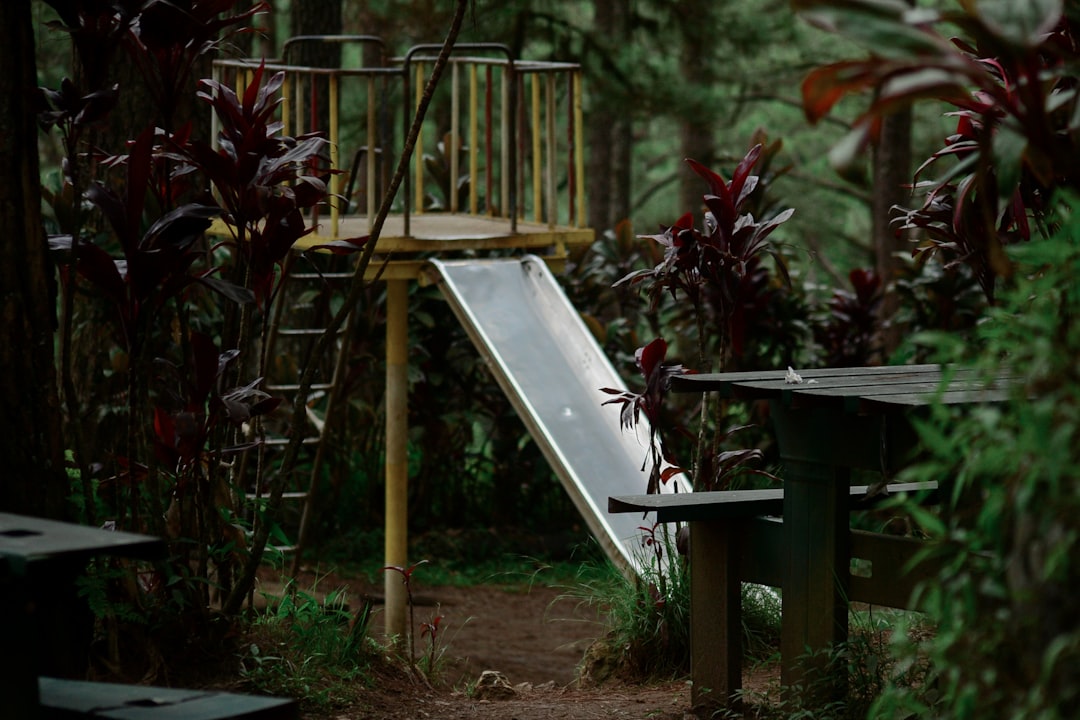We need to diversify our “mental ecosystem” for our own wellbeing
Part II: On OCD, Anxiety, & People Pleasing behaviors
Diversity makes an ecosystem stronger. Colonialism created monocultures like monocrop plantations. An ecosystem is destroyed with all it’s diverse life forms either massacred or displaced (including humans) to allow the mass industrial propagation & production of one genetic clone of a grain or vegetable/ fruit. This is the extractive, capitalist model — life forms are commodified into products & profits maximization depends on putting less in to get the most out.
We, humans, are ecosystems, just like a savannah, tropical rainforest or a tree bark. We are part of the Earth, not separate from it. We are made up of molecules that come from the land beneath us & the sky above. We are home to trillions of microbes that live in & on us that our survival depends on. The more diverse our microbiome (the overall composition of the microbial communities that call us home), the better our health. Similarly, I think our mind is a micro-ecosystem that needs a diversity of perspectives, inputs, connections & interactions to thrive.
When we’re too isolated, over-analyzing or intellectualizing our problems, overly fixated on self-improvement, self-care & disengaged or detached from the world outside of us, our mind increasingly resembles a monoculture crop plantation rather than a diverse, natural ecosystem. And I think this lack of heterogeneity & diversity of communication, contact & connection leads to distress and many maladies that may be categorized as mental illnesses or neuroses.
The quality of connections & interactions is critical and more important than sheer quantity. One may have hundreds or thousands of superficial connections in their “social network” but still feel incredibly lonely. Capitalism encourages us to opportunistically build a social network in a manner that is still self-centered & self-interested. A strategic relationship between two self-absorbed individuals isn’t a relationship, but rather a transaction.
Our mind is enriched when we pay attention to the world outside of us in a manner that decenters us. It sounds counter-intuitive because we’ve been socialized to think that our happiness depends on us eternally working on ourselves. For example, I find the process of preparing a meal in community more grounding than “turning inward” to focus on my breath. I seamlessly arrive at more life-changing realizations about issues I’ve been grappling with while cutting up vegetables for my grandmother or taking her on a walk rather than analyzing my problems in isolation. In conversation with homies around a fire, I unexpectedly find relief around a problem that I spent weeks nit picking at on my own. The key isn’t to engage with our ecosystem with the intention of taking but rather giving for the sake of caring. In reciprocal relationships, the process of caring is a cycle we are enveloped within. While our focus lies on giving to, listening, observing & understanding the collective, we will receive.
This is Part II of a series that began with this piece:
Okay let’s dive into some examples I thought of to illustrate points from Part I:
1. Obsessive Compulsive Disorder (OCD)
Current paradigm
OCD is characterized by a cycle of unwanted, intrusive, distressing thoughts that catalyze intense, persistent anxiety. People cope by performing some form of “compulsion” that provides brief, momentary relief but it also reinforces the compulsive behavior. The cycle repeats when the intrusive thoughts are triggered again. We can understand these behaviors thru a more political lens rather than the pathologized, reductive framework of colonial psychiatry.

If we trace the roots of the intrusive thoughts back to the original seed, the root trigger, we often see that they’re based on real, legitimate fears. These fears stem from capitalist/ colonial society and it’s infrastructure (e.g. isolation, lack of guaranteed access to basic survival resources, work exploitation, etc) makes it harder to cope with them. We’re meant to carry fear in community, not address it all internally within the confines of our mind.
We engage in compulsions because in an exceedingly unstable, unpredictable, uncertain world, they can provide a brief, fabricated sense of control. That certainty may be short lived & engaging in the compulsions may be harmful in the long run but it makes logical sense for an isolated individual to turn to repetitive behaviors for stability.
Collectivist lens
If OCD is catalyzed by an endless loop of intrusive thoughts then think of how that loop can shift or be broken when input from our environment intercepts it. If we’re in communication, exchange & engagement with our ecosystem, our mind is filled with external thoughts & ideas. Is it possible for community to reassure us & provide short-term as well as long-term sustainable relief without us having to engage in individual compulsions? How many of our compulsions are product of isolation, in the absence of other, healthier communal sources of relief that we need?
Why do you think across time & space, collectivist communities for thousands of years have survived by creating intricate cultural & religious rituals? Rituals are the product of a strong community. We’re meant to engage in repetitive, consistent habits. In a collectivist context, these repetitive behaviors are constructed by a group in relationship with an ecosystem. From cultural traditions to daily or weekly religious practices, they are often designed to be grounding & sustainably stabilizing in the long run.
I wonder, to what extent is OCD a coping mechanism to fill the void of communal rituals that we so desperately & rightfully crave? Rituals ARE compulsions of sorts that give us a foundation to anchor into. Compulsions don’t solely have a negative connotation. How much of our distress can be explained by us being deprived of the agency to engage in consistent collectivist compulsions which are defined by the intrinsic need to care for each other & the land?
Again, I think the pathologization of these behaviors as symptoms of an underlying biological defect is half the problem. The context in which rituals, habits or compulsions emerge define their ultimate impact on the person engaging in them. For example:
Keep reading with a 7-day free trial
Subscribe to Cosmic Anarchy to keep reading this post and get 7 days of free access to the full post archives.








